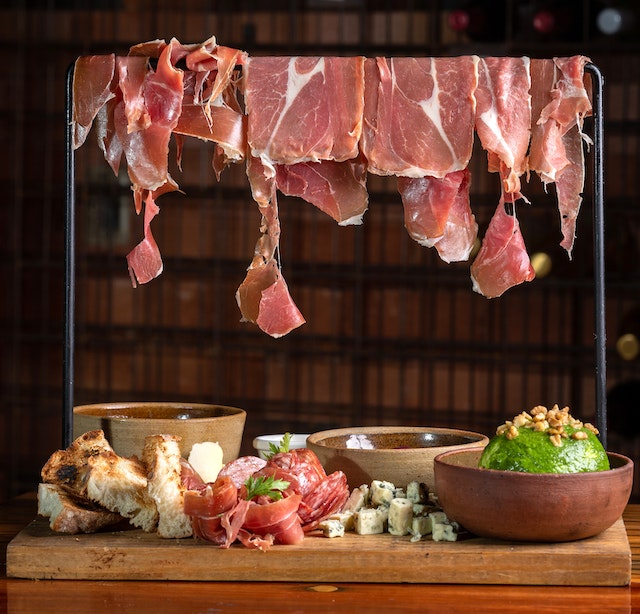The food industry is undergoing a transformative revolution driven by technological advancements. In this article, we delve into the exciting world of food-tech, exploring innovative solutions and disruptive technologies that are revolutionizing how we produce, distribute, and consume food. From alternative protein sources to smart farming and personalized nutrition, join us as we explore the cutting-edge developments shaping the future of food.
- Alternative Proteins: Beyond Meat and Dairy
Alternative proteins are gaining significant traction as a sustainable and ethical solution:
- Plant-Based Proteins: Plant-based meat substitutes, such as those offered by Beyond Meat and Impossible Foods, closely mimic the taste and texture of traditional meat. These innovative products appeal to consumers seeking more sustainable and cruelty-free alternatives.
- Cellular Agriculture: Cellular agriculture involves growing real meat, poultry, and seafood from animal cells, eliminating the need for traditional animal farming. This technology offers the potential to produce meat without the associated environmental impact and ethical concerns.
- Vertical Farming and Controlled Environment Agriculture
Vertical farming and controlled environment agriculture (CEA) are transforming the way we grow crops:
- Vertical Farming: Vertical farms utilize stacked layers to grow crops indoors, providing controlled conditions for optimized growth. By using efficient LED lighting, hydroponic or aeroponic systems, and precise nutrient delivery, vertical farming maximizes yield while minimizing land and water use.
- CEA: Controlled environment agriculture encompasses a broader range of techniques that enable year-round crop production in controlled settings. These methods, including greenhouses and indoor farms, optimize growing conditions, reduce reliance on pesticides, and minimize environmental impact.
- Internet of Things (IoT) and Smart Farming
IoT and smart farming technologies are enhancing productivity and sustainability:
- IoT in Agriculture: IoT devices and sensors collect and transmit data in real-time, enabling farmers to monitor soil moisture, crop health, and environmental conditions remotely. This data-driven approach improves resource allocation, optimizes irrigation, minimizes waste, and enhances crop yields.
- Precision Agriculture: Precision agriculture utilizes advanced technologies like GPS, drones, and machine learning algorithms to precisely manage agricultural activities. By applying inputs such as fertilizers and pesticides only where needed, farmers can minimize environmental impact and maximize efficiency.
- Personalized Nutrition and Food Tracking
Advancements in personalized nutrition and food tracking are shaping individualized dietary choices:
- Nutrigenomics: Nutrigenomics examines how individual genetic variations interact with nutrients and impacts health. This field allows for personalized dietary recommendations based on an individual’s unique genetic makeup, optimizing health outcomes.
- Food Tracking Apps: Mobile apps and wearable devices enable users to track their dietary intake, monitor nutritional values, and set personalized health goals. These tools empower individuals to make informed choices, promote healthier eating habits, and achieve their desired nutritional targets.
- Food Waste Reduction and Upcycling
Technologies targeting food waste reduction and upcycling are gaining attention:
- Food Waste Tracking and Management: IoT devices and data analytics help identify and reduce food waste throughout the supply chain. By monitoring inventory, expiration dates, and consumer behaviors, businesses can optimize inventory management and minimize waste.
- Food Upcycling: Upcycling involves transforming food byproducts or surplus ingredients into new products of higher value. This approach reduces waste, enhances resource efficiency, and fosters a circular economy within the food industry.

Leave a Reply